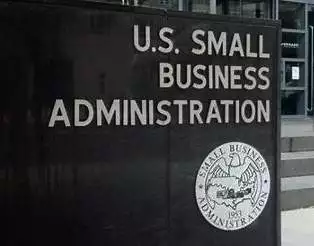
SBA Rules for PPP Loans in Business Ownership Changes
Many M&A transactions since April 2020 have involved a PPP loan held by the selling company. Parties have often been unsure of the impact of a sale or partial sale on the forgiveness of the loan.
On October 2, 2020, the SBA issued rules for business owners who will be involved in a change of control or ownership when they have received a Paycheck Protection Program (PPP) loan.
Change of Ownership Defined for PPP Loans
A change of ownership has been defined as follows:
- At least 20% of ownership interest is sold or transferred including inside transactions to an affiliate or another owner.
- The borrower sells or transfer at least 50 percent of its assets at fair market value.
- A PPP borrower is merged with or into another entity.
Note these rules cannot be circumvented by splitting the ownership transfer into several smaller transactions to stay under the limits. All ownership transactions occurring after the issuance of the PPP loan are considered as one event. Also, the PPP borrower remains responsible for all aspects of the loan and cannot assign or sell their liability and requirements as the original borrower.
Notice and Approval – when required by Lender and SBA
If a business is to be sold in whole or in part as defined above, the PPP borrower must notify the lender prior to closing. “Prior to the closing of any change of ownership transaction, the PPP borrower must notify the PPP Lender in writing of the contemplated transaction and provide the PPP Lender with a copy of the proposed agreements or other documents that would effectuate the proposed transaction.”
SBA approval may also be required. SBA approval is not needed in these circumstances:
- The PPP loan is fully paid prior to closing of the business sale or ownership transfer.
- Borrower has completed the loan forgiveness process and either the SBA has remitted all the funds to the PPP lender or
- The PPP borrower has repaid any remaining balance on the PPP loan or
- Any outstanding balance is set aside in an interest bearing escrow account controlled by the PPP lender.
If any transaction does not meet the above exemptions, then SBA approval is required and the lender cannot unilaterally approve the change of ownership. The PPP lender must still be notified and the lender is responsible for notifying the SBA of the transfer. The PPP borrower (and, in the event of a merger, the successor to the PPP borrower) will remain subject to all obligations under the PPP loan.
Summary
In most cases, the existence of a PPP loan will not be a hindrance to the completion of an M&A transaction. Owners, in anticipation of a sale of their business, should prepare to submit their forgiveness application and be prepared to cover the PPP outstanding balance by depositing funds at closing into an escrow account. Once the loan is forgiven the escrow can be released back to the selling owners. The full SBA notice can be found at https://www.sba.gov/sites/default/files/2020-10/5000-20057-508.pdf
Covid-19 Resources – BMI is providing an updated compendium of general topics as well as insights on the business acquisitions market.